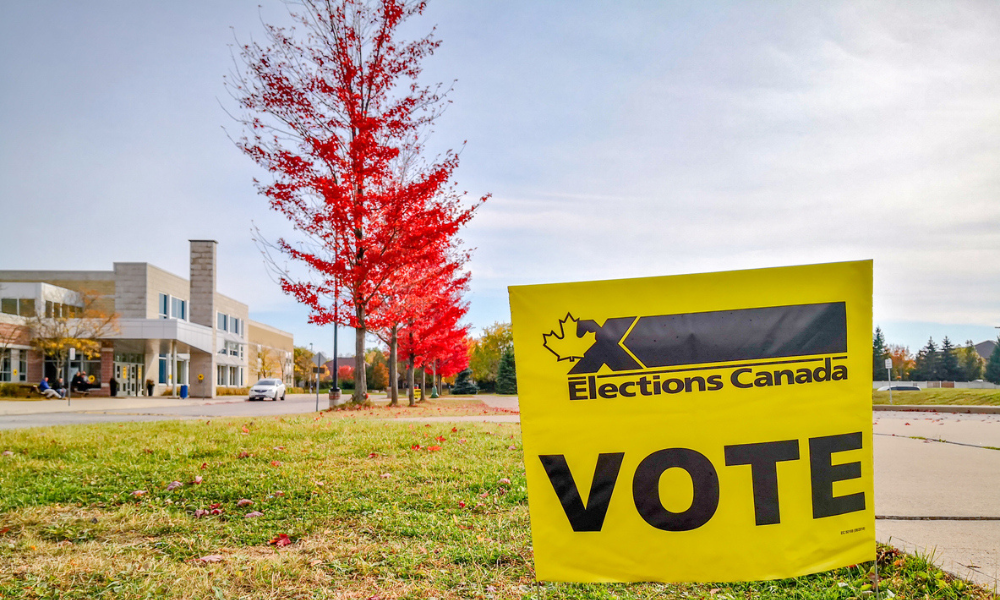You have to be *#$?% kidding me! That’s likely the reaction most law students in Ontario had when in February they got their invoices for the Law Society of Upper Canada’s licensing process.
You have to be *#$?% kidding me!
That’s likely the reaction most law students in Ontario had when in February they got their invoices for the Law Society of Upper Canada’s licensing process.
There was sticker shock from having to pay almost $4,800 to get called to the bar in Ontario. Let’s back up a few years and get a little bit of a history lesson here.
In 2006, the LSUC jettisoned the Bar Admission Course (which cost $4,400 at the time) and instituted the new process that cost about $2,600. Here are few reasons given for the change: the BAC was too expensive, it was too long, students had to move to one of three centres in order to take it. So the eight or so exams following substantive law classes taught by lawyers who actually practised in the field was replaced with a five-week skills and responsibilities program with assignments and assessments, and two licensing exams. Both included the 10-month articling requirement.
So apparently the new system has not really worked. While most of the discussion about licensing has centred around the problems of finding those elusive articling positions, the new Law Practice Program seems also to be built on the idea that students are coming out of law school wholly unprepared to actually practise law.
While you will find some people who thought the BAC was a bit of a time waster, you’re more likely to talk to lawyers who went through it and find they actually learned a lot about the realities of law practice by being taught, say real estate, by a lawyer (who volunteered his or her time) with hands-on experience. The BAC may not have been perfect but it was better than what came afterwards.
Now the LPP is taking it to another level. While it may be being sold as a solution to the articling crisis, it’s not going to fix the problem with the licensing process. The LSUC actually had a pretty good thing going with the BAC and it could easily have built on that experience and bolted on a four-month work experience portion to provide now what seems almost like another full year of law school under the LPP. Or the law society should make all the law schools include a training portion in their curriculum as is the case with Lakehead’s new program.
The LPP is only a pilot program but looking at it pre-launch, it doesn’t seem like it’s much of a step forward. And the high cost to all students, and the fairly likely scenario of creating two tiers of new lawyers could make it a costly misstep.
— Gail J. Cohen
[email protected]
That’s likely the reaction most law students in Ontario had when in February they got their invoices for the Law Society of Upper Canada’s licensing process.
There was sticker shock from having to pay almost $4,800 to get called to the bar in Ontario. Let’s back up a few years and get a little bit of a history lesson here.
In 2006, the LSUC jettisoned the Bar Admission Course (which cost $4,400 at the time) and instituted the new process that cost about $2,600. Here are few reasons given for the change: the BAC was too expensive, it was too long, students had to move to one of three centres in order to take it. So the eight or so exams following substantive law classes taught by lawyers who actually practised in the field was replaced with a five-week skills and responsibilities program with assignments and assessments, and two licensing exams. Both included the 10-month articling requirement.
So apparently the new system has not really worked. While most of the discussion about licensing has centred around the problems of finding those elusive articling positions, the new Law Practice Program seems also to be built on the idea that students are coming out of law school wholly unprepared to actually practise law.
While you will find some people who thought the BAC was a bit of a time waster, you’re more likely to talk to lawyers who went through it and find they actually learned a lot about the realities of law practice by being taught, say real estate, by a lawyer (who volunteered his or her time) with hands-on experience. The BAC may not have been perfect but it was better than what came afterwards.
Now the LPP is taking it to another level. While it may be being sold as a solution to the articling crisis, it’s not going to fix the problem with the licensing process. The LSUC actually had a pretty good thing going with the BAC and it could easily have built on that experience and bolted on a four-month work experience portion to provide now what seems almost like another full year of law school under the LPP. Or the law society should make all the law schools include a training portion in their curriculum as is the case with Lakehead’s new program.
The LPP is only a pilot program but looking at it pre-launch, it doesn’t seem like it’s much of a step forward. And the high cost to all students, and the fairly likely scenario of creating two tiers of new lawyers could make it a costly misstep.
— Gail J. Cohen
[email protected]







